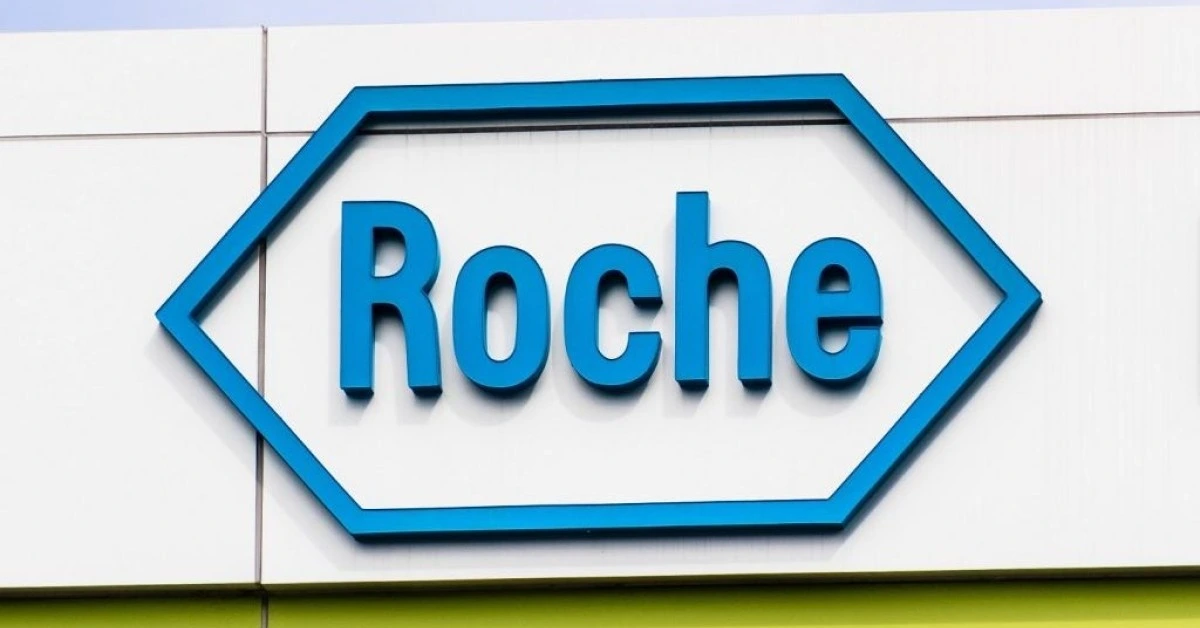
SWITZERLAND – Zealand Pharma has partnered with Roche to develop and commercialize petrelintide, an experimental obesity treatment.
After a seven-month search, Zealand selected Roche, securing an upfront payment of US $1.65 billion. If clinical and commercial milestones are met, the total deal value could reach US $5.3 billion.
Under the agreement, Zealand and Roche will co-develop and co-commercialize petrelintide both as a standalone therapy and in combination treatments.
The first planned combination will pair petrelintide with Roche’s GLP-1/GIP agonist candidate, CT-388, which showed promising weight loss results in early trials.
In a Phase Ib study (NCT04838405), CT-388 helped participants achieve an 18.8% weight loss over 24 weeks.
The drug is now being tested in two Phase IIb trials for obesity in patients with (NCT06628362) and without (NCT06525935) type 2 diabetes.
As part of the partnership, Zealand will contribute US $350 million to support the CT-388/petrelintide combination trial.
The companies will split profits and losses equally in the US and Europe, while Zealand will receive tiered royalties from sales in other global markets.
Zealand first announced its search for a partner to develop petrelintide in August 2024, but investors grew impatient when no deal was revealed in the company’s February 2025 earnings report.
At the time, CEO Adam Steensberg reassured stakeholders that the company was “exactly where it wants to be in the process.” With the Roche deal now finalized, Zealand has fulfilled this promise.
This partnership marks Zealand’s entry into the highly competitive obesity drug market, which is currently dominated by GLP-1 receptor agonists (GLP-1RAs) like Novo Nordisk’s semaglutide (Wegovy, Ozempic) and Eli Lilly’s tirzepatide (Mounjaro, Zepbound).
Unlike GLP-1RAs, which work by stimulating insulin secretion and slowing gastric emptying, petrelintide mimics amylin, a hormone that reduces appetite, slows digestion, and improves sensitivity to leptin, the body’s satiety hormone.
Zealand believes this unique mechanism of action could make petrelintide a best-in-class therapy for obesity and diabetes.
“We strongly believe that petrelintide holds potential as a foundational therapy for weight management,” said Steensberg in the March 12 announcement.
Investor confidence in Zealand’s obesity research remains strong. In June 2024, the company raised US $1 billion through a share offering, exceeding its original target of US $900 million. Earlier, in January 2024, Zealand secured an additional US $204 million in funding from private investors.
Zealand’s other obesity drug, survodutide, developed with Boehringer Ingelheim, is already in Phase III trials for both obesity and metabolic dysfunction-associated steatohepatitis (MASH).
As obesity rates continue to rise, demand for effective weight-loss treatments is soaring. A GlobalData report predicts that the obesity drug market will reach US $37.1 billion across major markets (US, UK, Germany, France, Italy, Spain, and Japan) by 2031.
XRP HEALTHCARE L.L.C | License Number: 2312867.01 | Dubai | © Copyright 2025 | All Rights Reserved